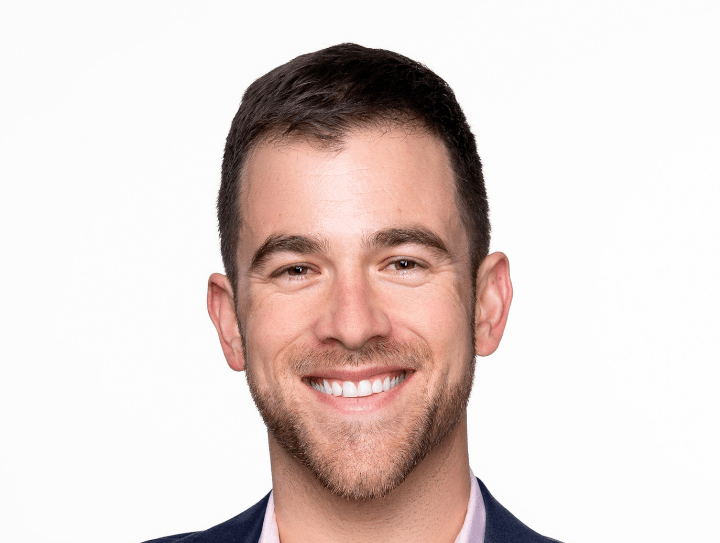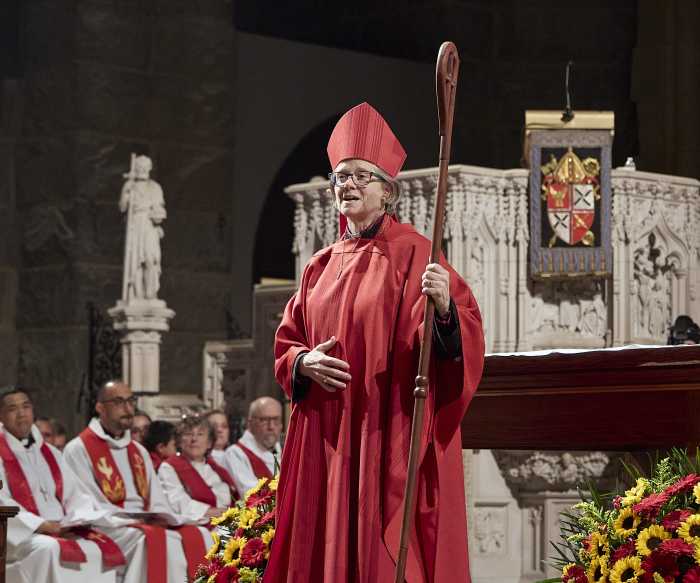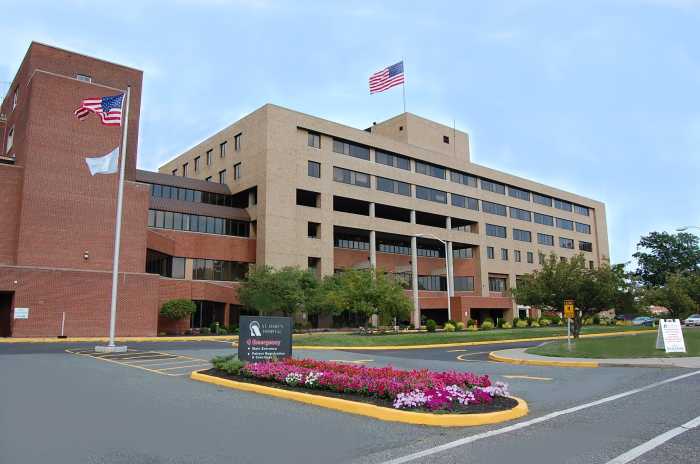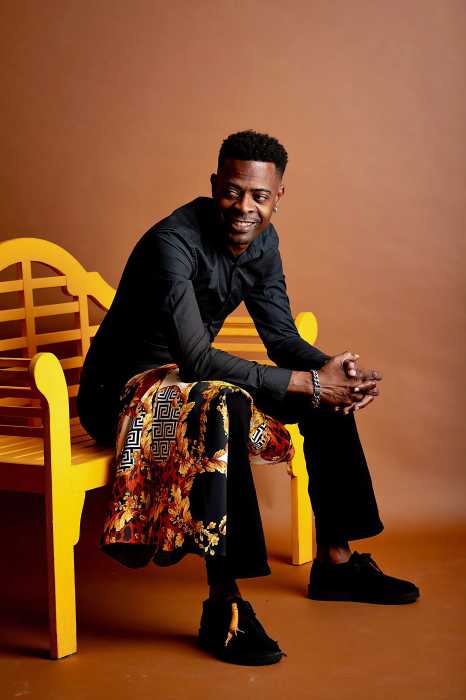Jeremy Burton, the chief executive of the Jewish Community Relations Council of Greater Boston, recalled a recent evening when he saw a group of joggers running by using a chant that promotes violence against Jewish people. While he could not remember the specific chant, it was similar to “Kill the Zionists,” “Globalize the intifada,” and “We don’t want a Zionist state, let’s go back to 48.” That common activity linked to what Burton called “eliminationist rhetoric” is a measure of a societal shift since Oct. 7 of last year.
“I’ve seen anti-Semitic events on the streets in Boston,” Burton said during a phone interview. “I’ve seen things that go beyond criticism of the Israeli government.”
On Oct. 7, Hamas, the group that has governed Gaza since 2006, launched an attack on Israel that killed 1,200 Israelis and people from other nations. Roughly 3,300 people were injured. Most of those killed were non-combatants and the attackers used rape as a weapon. Hamas also took over 200 hostages. That launched a conflict between Israel and Hamas that has resulted in the deaths of just over 37,000 Gazans to date, though no mainstream media outlet has been able to verify those numbers and Hamas has never distinguished between combatant and civilian deaths. That conflict has emboldened Americans who hold anti-Semitic views or whose politics make them inclined to see Israel as a perpetrator oppressing the Palestinian people.
“There is a lot of anxiety that the Pandora’s box has been opened,” said Tyler Gregory, the chief executive of the Jewish Community Relations Council of the Bay Area, in a phone interview. “It seems like Oct. 7 gave permission to some on the far left to express anti-Semitism.”
At a US Senate hearing on Oct. 31, Christopher Wray, the FBI director, said that before Oct. 7, Jewish Americans represented “only about 2.4% of the American public, they account for about 60% of all religious-based hate crimes.” Since Oct. 7, Wray speculated that hate crimes against American Jews have likely increased, saying, “This is a group that has the outrageous distinction of being uniquely targeted and they need our help.”
Now in the thick of Pride Month, A Wider Bridge, a group that mobilizes the LGBTQ Jewish community and supports Israel’s LGBTQ community, and gay leaders at some Jewish groups, such as Burton and Gregory, are confronting that anti-Semitism in the hopes of making sure Jewish LGBTQ community members are safe during Pride month events.
“I’m hearing stories from friends who are taking off their kippah or hiding their Star of David necklaces because some of them are nervous about identifying as Jewish in gay bars in the Castro,” Gregory said. Some were told, “Supporters of genocide aren’t welcome here” and “We don’t want Zionists here.”
The website StopAntiSemitism has been documenting anti-Semitic incidents that range from tearing down posters asking for help in freeing the hostages to vandalism of Jewish businesses and institutions to praise for Hamas and Hezbollah that celebrates Oct. 7 or the deaths of Jewish people to physical assaults. Hezbollah is an anti-Semitic group in southern Lebanon that is attacking Israel.
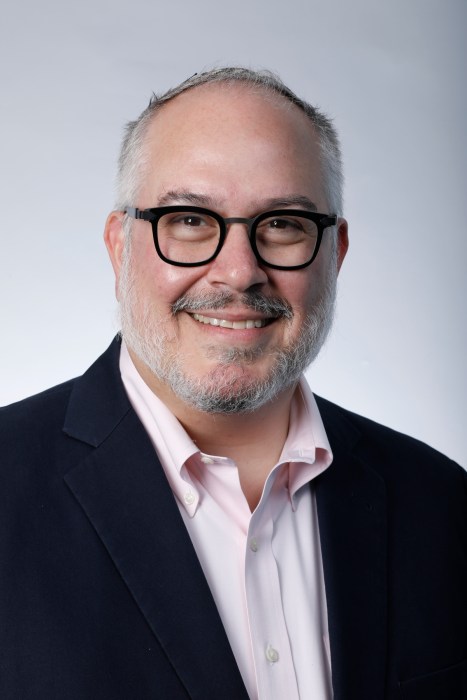
In May, Ethan Felson, the executive director of A Wider Bridge, wrote to Pride directors across the country asking that they acknowledge that these anti-Semitic incidents cause “many queer Jews to feel apprehensive and even fearful of being our authentic selves at Pride marches and related events” and take steps to ensure their events are inclusive and welcoming.
Earlier in June, there were pro-Palestinian protests at the West Hollywood, Boston, and District of Columbia Pride parades. The Winnipeg and Philadelphia Pride parades were briefly halted by protestors. Most protests focused exclusively on the Gaza conflict, with signs reading, “No Pride in Genocide,” “No Pride in Apartheid,” and similar messages, but at Winnipeg, the Gaza conflict was one of several issues the protestors had.
At Queens Pride, at least one group boycotted the parade because it was produced by the LGBT Network, which is headed by David Kilmnick, who is Jewish and a vocal supporter of Israel. Tarab NYC, which has Arab, African, and Middle Eastern members, had a pro-Palestinian presence in the parade. Kilmnick did not respond to requests for comment. Bashar Makhay, the founder of Tarab NYC, initially indicated that he would respond, but ultimately, he did not.
Among all protests, some have had clearly anti-Semitic elements, such as a banner reading “Long Live October 7” at a June 10 protest that began in Union Square and then marched to lower Manhattan where they held a raucous protest outside the NOVA Exhibit that memorialized those killed by Hamas at a music festival on Oct. 7. At a June 8 protest at the White House, Elad Eliahu, who documents Americans on the left and right making often idiotic or offensive comments and publishes them on his barelyinformedwithelad channels on YouTube, Instagram, and X, recorded a small group carrying a banner reading “Jihad of Victory or Martyrdom Al Qassam” and chanting “Hezbollah, Hezbollah, Kill another Zionist now.” Al Qassam is the military wing of Hamas. Another video shows a man holding a sign that says “F**k Israel Stand with Hamas.” In an interview with Eliahu, the man said “Oct. 7 was a brilliant raid into Israel to resist and overthrow the oppressor.”
The defense in these protests has been that they are not attacking Jewish people, they are attacking Zionism, which is “the belief that the Jewish people have the same rights to national autonomy as other people have, including the Palestinian people,” Burton said.
“Anti-Zionism is the belief that Jews do not have the same rights that other people have,” Burton continued. “That, by definition, is anti-Semitic.”
What is notable is that the left, which has done a good though incomplete job of analyzing and confronting racism and misogyny, has not offered any similar analysis of anti-Semitism, which is as much a part western culture as racism and misogyny. Instead, there has been a longstanding effort to equate Zionism with prejudice that continues to be targeted by the left.
In 1975, the Soviet Union and non-aligned nations at the UN General Assembly organized and passed a resolution that held that “[Z]ionism is a form of racism and racial discrimination.” Prior to that vote, three other smaller international organizations passed similar resolutions. That resolution was repealed in 1991, but that model continued to be applied to Israel because it fit neatly into the American left’s thinking. The current rhetoric that accuses Israel of “settler colonialism,” “apartheid,” “racism,” or “genocide” uses “simplistic binary answers that neatly map into their passion plays,” said Burton.
Felson attended his first Pride event in Hartford, Connecticut when he was 17 and worries that the pronounced hostile tone and even anti-Semitism voiced by some protestors will make his first experience of Pride impossible for a 17-year-old attending for the first time today.
“I was able to bring every aspect of my identity to that first Pride,” he said in a phone interview. “The painful thing right now is whether the chants, the signs, and the threat of violence threaten to take Pride away from the 17-year-old attending Pride this year.”

